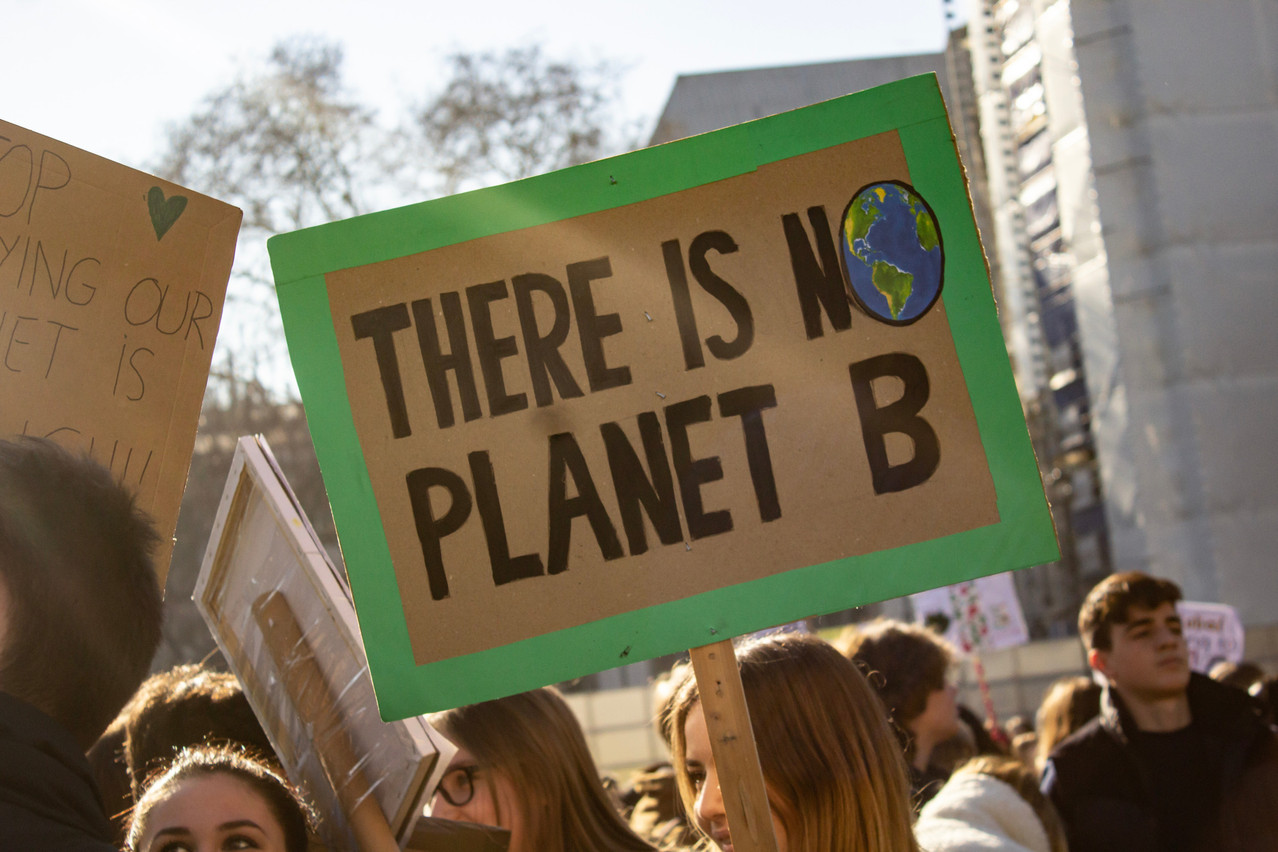Around 34,000 scientific papers were summarised and brought together by a team of 269 authors for this report. Their task was to evaluate and assess climate change-related risks. A summary for is also available, on top of a and
Identifying the current trajectory on which humanity is heading, the IPCC says i: “The world faces unavoidable multiple climate hazards over the next two decades with global warming of 1.5°C (2.7°F).” The impact of these changes in temperature will affect nature, disturb ecosystems and threaten biodiversity. If the temperature rises by 2°C, some parts of the world won’t be able to recover.
Not only coastal areas will be affected--by rising sea levels for instance--but all of society will encounter more and more extreme phenomena such as natural disasters, famines or unsure access to drinking water.
Immediate action needed
“Climate change interacts with global trends such as unsustainable use of natural resources, growing urbanization, social inequalities, losses and damages from extreme events and a pandemic, jeopardizing future development,” the statement reads. Arguing that healthy ecosystems will be more resilient to climate change, the report asks for “immediate and more ambitious action” as well as collaboration between governments of the world.
“Any further delay in concerted global action will miss a brief and rapidly closing window to secure a liveable future,” says Hans-Otto Pörtner of the IPCC working group.
In Europe--Luxembourg too--the effects of climate change have taken on a clearly tangible dimension, in July last year floods rolled over various regions. The key risks affecting Europe specifically have been identified by the IPCC as increased mortality relating to heat stress, heat and drought stress on crops, water scarcity and flooding. Luxembourg, of course, is part of this.
Urbanisation has been singled out as one of the hotspots for climate change by the report, but also as a key component of the solution- Green buildings, reliable supplies of clean water, renewable energy and sustainable mobility are parts of a complex solution.
Luxembourg to put money where its mouth is
Luxembourg has in recent years, invested in a greener future. This year, the government even threatened to take legal action against the European commission for including nuclear and natural gas in the EU taxonomy, a tool meant to help investors identify green investments. However, the country’s pension fund invests in energy providers operating nuclear power stations, such as Electricité de France (EDF), which runs Cattenom power plant near the Luxembourg border.
Luxembourg’s “financial centre contributes significantly to the global climate emergency via the financing of unsustainable companies. Even public institutions like the sovereign pension fund FDC (Fonds de Compensation) continue to invest in fossil-fuel and other climate-damaging industries,” says environmental activist group Greenpeace Luxembourg in an official statement.
The group demands that--in light of the FDC’s upcoming revisions of its investment strategy for 2023-2028--the board of directors should opt out of investments harmful to the environment. Greenpeace argues that, Luxembourg, which has joined the United Nations Council for Human Rights for the 2022-2024 term, should make sure to align its actions with its position.
As the IPCC confirms, climate change and the human activities accelerating it have a strong impact on human rights. Given this, Greenpeace asks “that the FDC aligns all its investment activities with the objectives of the Paris Agreement in its upcoming strategy review, adding that nearly half of Luxembourg residents (49%) consider climate change to be the biggest issue the EU is facing right now.
